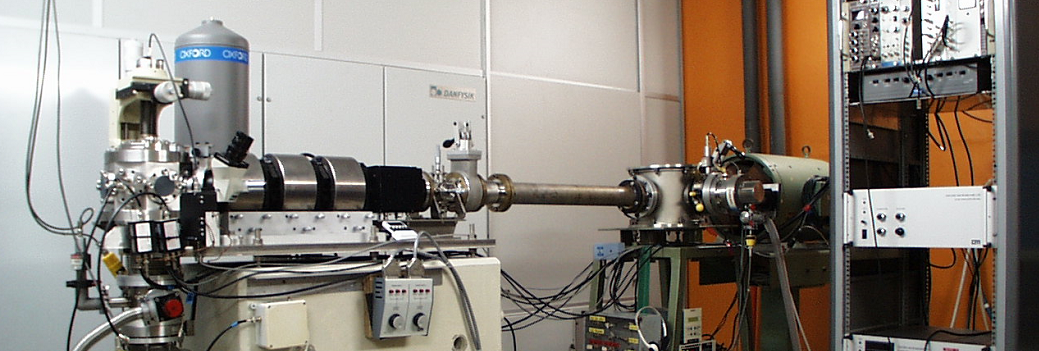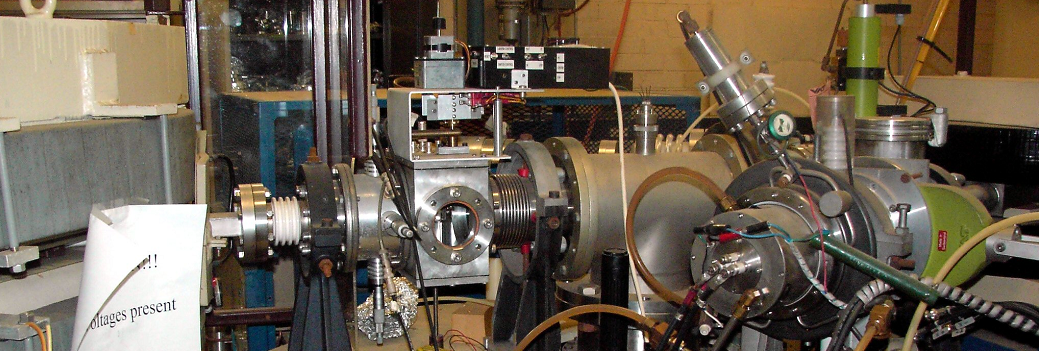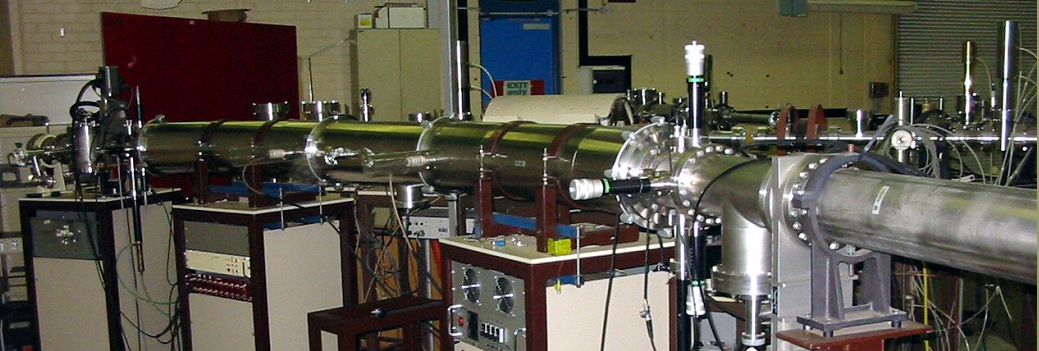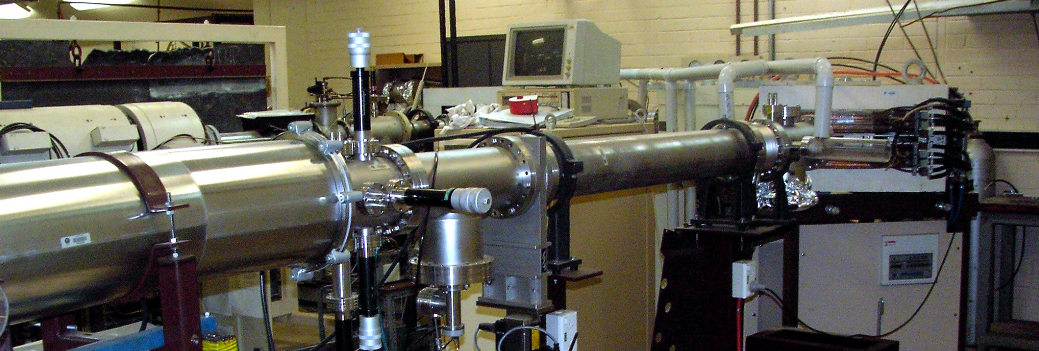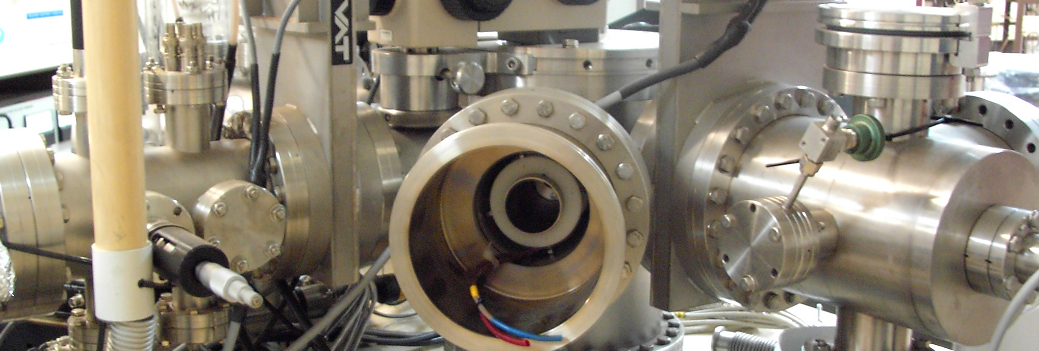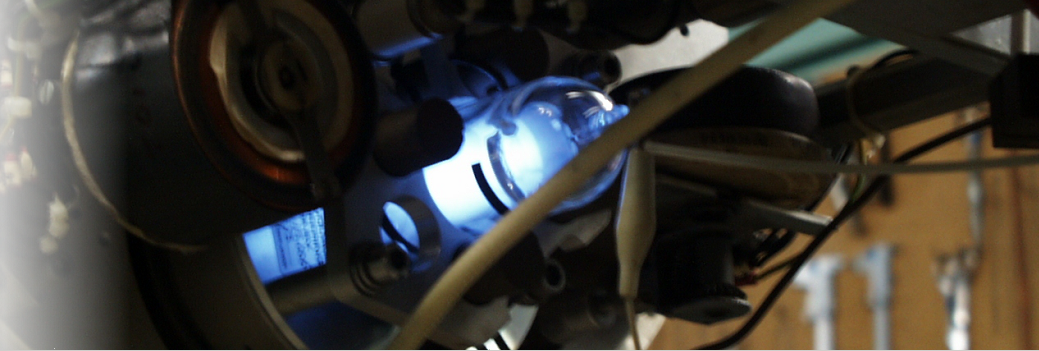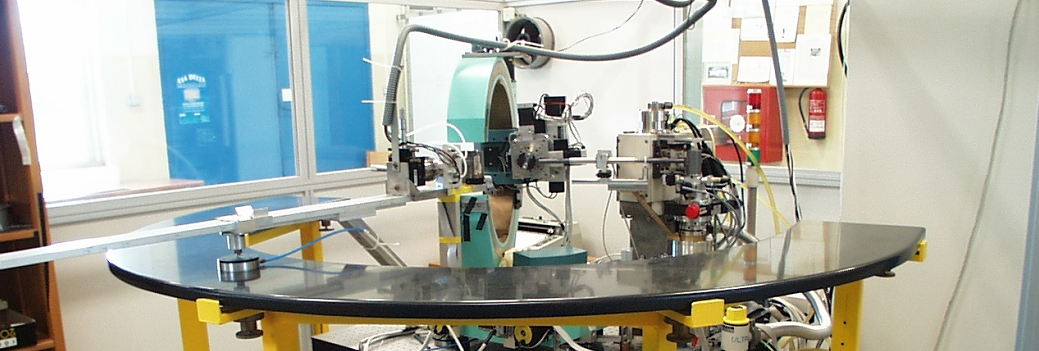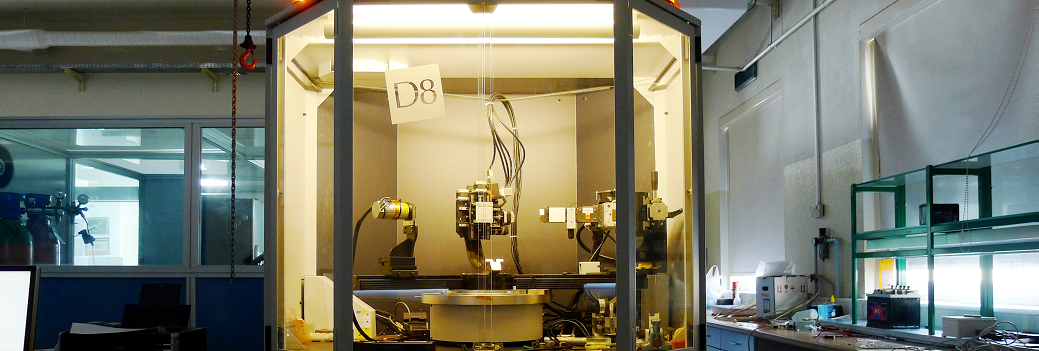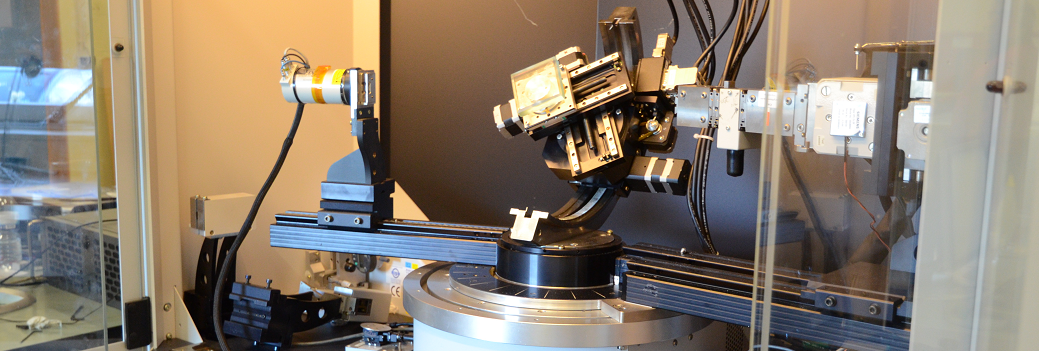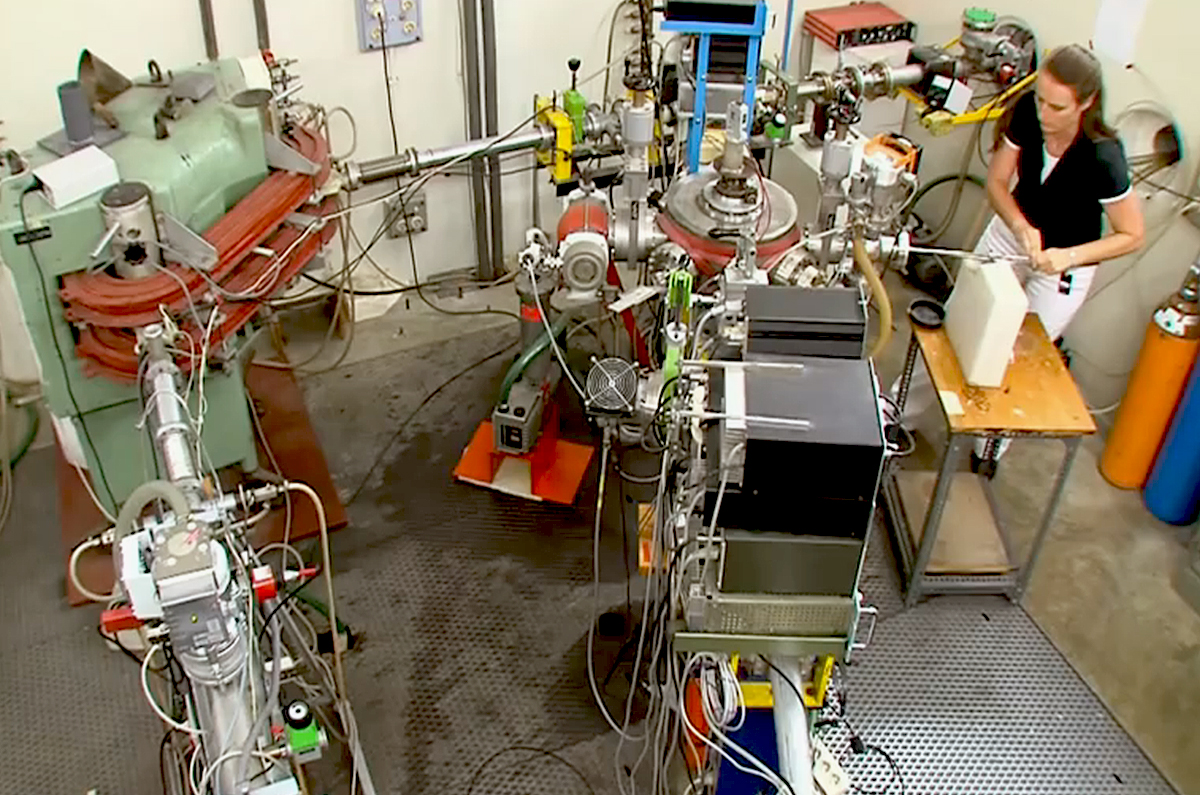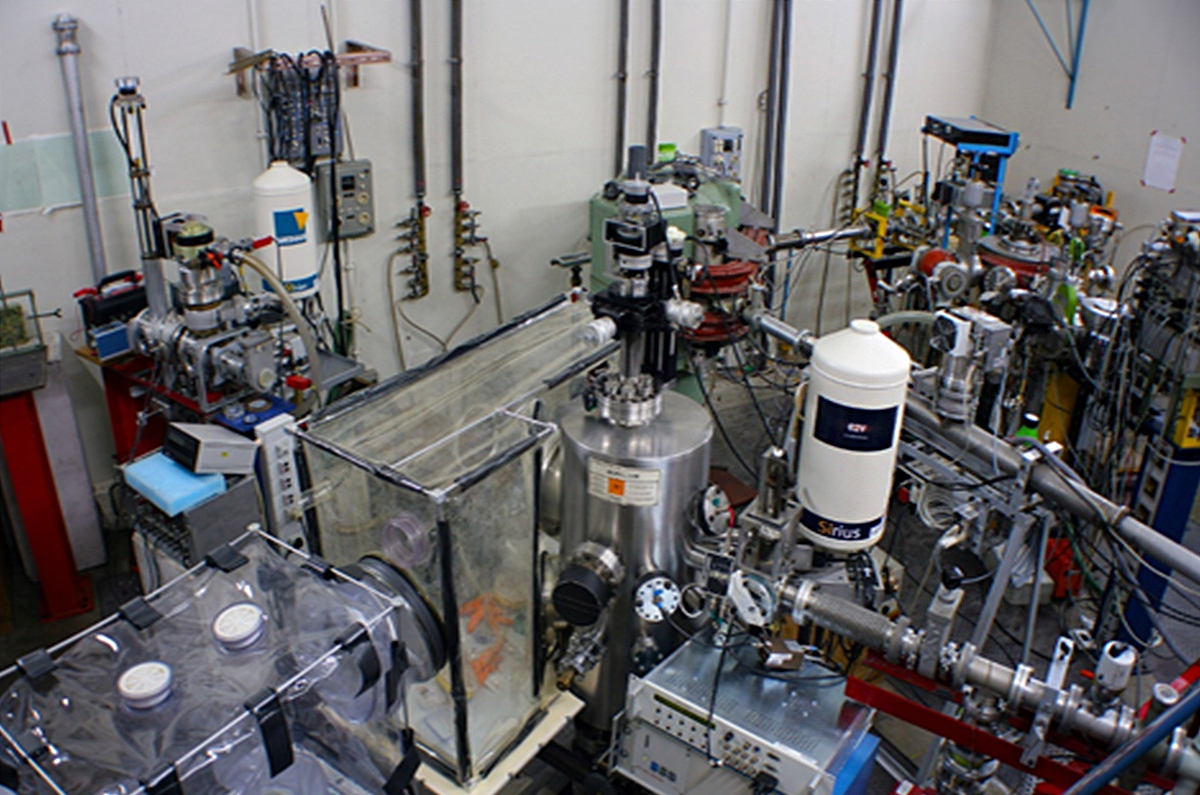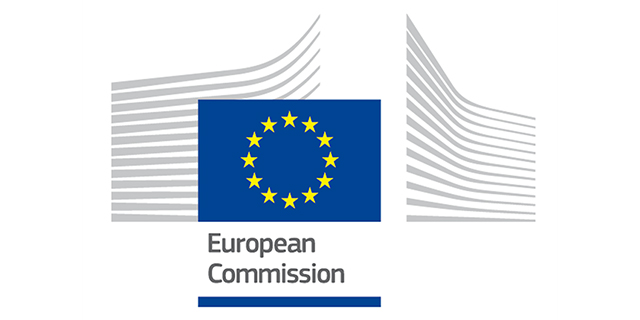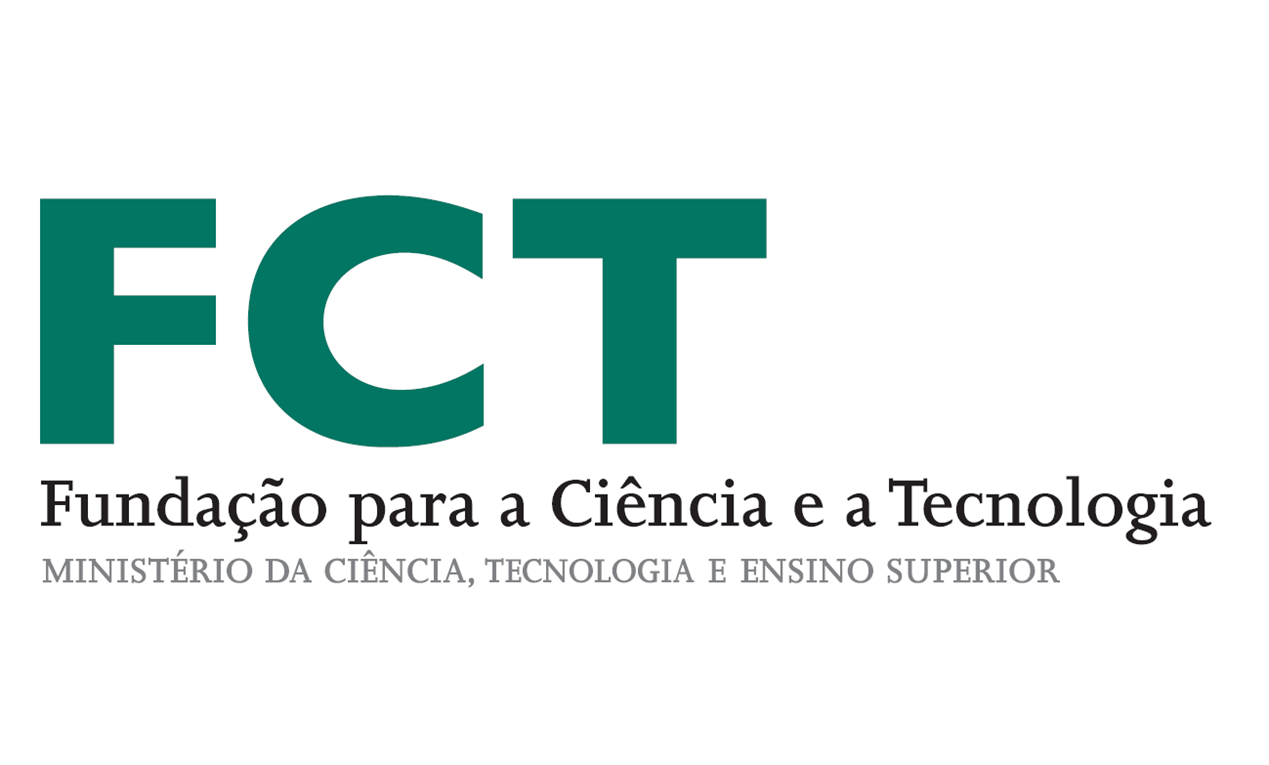Examining Different Regimes of Ionization-Induced Damage in GaN Through Atomistic Simulations (Small 49/2022):Miguel C. Sequeira,Flyura Djurabekova,Kai Nordlund,Jean-Gabriel Mattei,Isabelle Monnet,Clara Grygiel,Eduardo Alves,Katharina Lorenz
IPFN researchers in the 2% most cited scientists in the world in 2021, according to Stanford University (United States of America): Eduardo Alves; Luís Lemos Alves; Mikhail Benilov; Vasco Guerra; Carlos Matos Ferreira; João Loureiro; José T. Mendonça; Luís O. Silva
22nd INTERNATIONAL CONFERENCE ON ION BEAM MODIFICATION OF MATERIALS: This event takes place from the 10th to the 15th of July.
LATR Annual Report 2020:Many thanks to researchers in providing material for this annual report.
Nuclear Analytical Techniques in Forensic Science: 62th IAEA General Conference Side Event.
Rediscovering the past through material analysis: collaboration between C2TN and IPFN researchers.
Eduardo Alves received a Certificate of Outstanding Contribution in Rewiewing: in recognition of the contributions made to the quality of the Journal of "Nuclear Instr. and Methods in Phisycs Research: B".
For other dissemination activities in which MPC researchers are involved please contact Catarina Rocha or Joana Flora.










